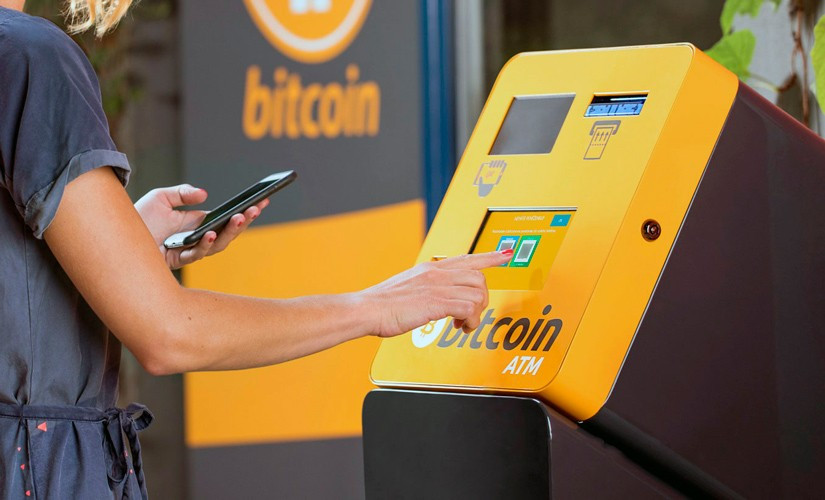

 19.01.2022 04:27 PM
19.01.2022 04:27 PMCryptocurrency ATMs are closing as the city-state tries to limit consumer marketing of the cryptocurrency after the initial domestic approval of bitcoin.
Daenerys & Co, which operates five crypto ATMs across the city, said it ceased its ATM services according to the Monetary Authority of Singapore guidelines received late on Tuesday.
The company's five ATMs, located in Singapore's malls, offered people a quick and reliable way to buy tokens like bitcoin and ethereum for fiat currency. However, the idea of a quick and easy way for retail investors to trade cryptocurrency was not approved by the regulator, which explicitly mentioned the ATMs in their guidelines released Monday.
According to the MAS, such offerings may lead the public to trade cryptocurrencies "on impulse, without considering the risks."
Daenerys & Co said it was "surprised" by the new MAS guidelines on ATMs.
The company also said it was keeping ATMs offline while trying to get clarification from the central bank (Daenerys & Co is among more than 100 firms providing various cryptocurrency-related services during a grace period while waiting for the MAS to complete the licensing).
Another crypto ATM operator, Deodi Pte, said it had also shut down its sole ATM.
Governments crack down on crypto
Singapore is not alone in its effort to protect its citizens from the bankruptcy attributed to the volatility of cryptocurrencies. However, the haste with which the country's government changed its policy right after bitcoin went through a rough patch, dropping by nearly 40% from its November peak, is surprising.
The UK also proposed tougher rules this week. In particular, the rules were related to the billboards that are placed on the London Underground.
Meanwhile, the Spanish market regulator has asked the digital asset companies to place a warning to investors that they may lose all their money.
Crypto investors argue about the collapse of cryptocurrencies. However, we warned that the wave of excitement will subside as soon as the Fed starts tightening its policy. Markets are experiencing an outflow of investments, especially in high-risk assets. Bitcoin and its counterparts are likely to undergo a deep correction, but it must take place to "let the extra air out of the bubble," otherwise the scale of losses may be much more significant.
You have already liked this post today
*The market analysis posted here is meant to increase your awareness, but not to give instructions to make a trade.
نادي إنستافوركس

Your IP address shows that you are currently located in the USA. If you are a resident of the United States, you are prohibited from using the services of InstaFintech Group including online trading, online transfers, deposit/withdrawal of funds, etc.
If you think you are seeing this message by mistake and your location is not the US, kindly proceed to the website. Otherwise, you must leave the website in order to comply with government restrictions.
Why does your IP address show your location as the USA?
Please confirm whether you are a US resident or not by clicking the relevant button below. If you choose the wrong option, being a US resident, you will not be able to open an account with InstaTrade anyway.
We are sorry for any inconvenience caused by this message.

